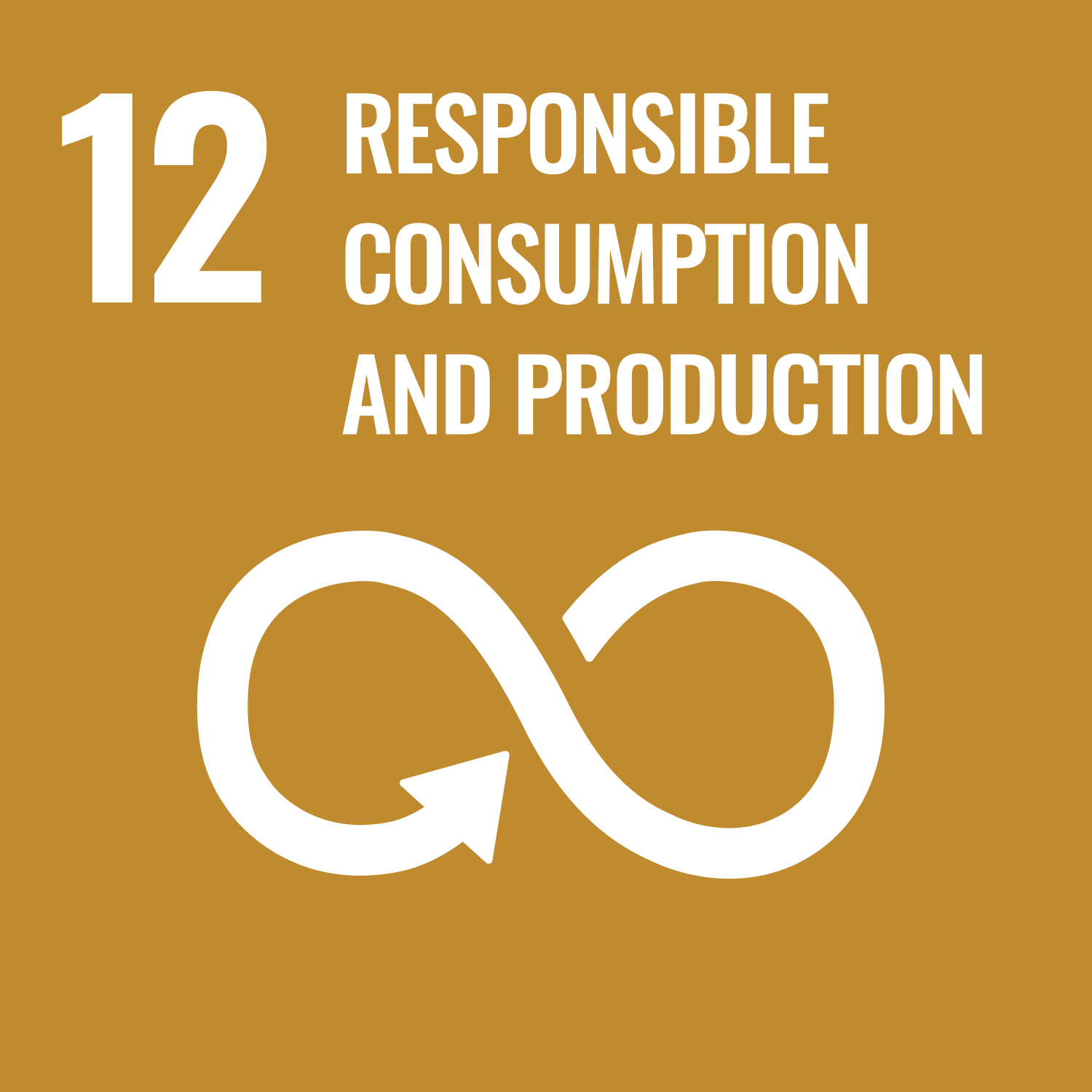ORCID
- Olugbenga Timo Oladinrin: 0000-0003-3555-2430
Abstract
AbstractNeighborhood sustainability has assumed a pole position as a topic of interest in the past years, addressed through dedicated strands of most of the globally adopted sustainability rating tools, such as LEED and BREEAM. Considering sustainability assessment, the social sustainability of neighborhoods assumes a certain particularity, not only in terms of its high context dependence pertaining to its locality, but in its means of assessment as well, with people as a key potential evaluator for matters that are not bound to quantitative aspects. This research focused on developing a framework for rating social sustainability in neighborhoods, utilizing a quantitative approach that builds upon insights obtained by an extended group of experts and end users. It combines the Delphi and AHP techniques along with the case study approach to develop a framework that suits the Jordanian local context, where a particular neighborhood, Dahiyat Al Hussein in Amman, is used for validation. The research revealed that rating the social sustainability of neighborhoods is not only highly guided by the local context it addresses, but is also reliant on the level of understanding and adoption of the concept itself as attained by the people.
DOI Link
Publication Date
2022-01-01
Publication Title
City, Territory and Architecture
Volume
9
Issue
1
Acceptance Date
2022-05-13
Deposit Date
2023-02-20
Embargo Period
2023-02-21
Recommended Citation
Sharif, A., Alshdiefat, A., Rana, M., Kaushik, A., & Oladinrin, O. (2022) 'Evaluating social sustainability in Jordanian residential neighborhoods: a combined expert-user approach', City, Territory and Architecture, 9(1). Available at: 10.1186/s40410-022-00162-5


